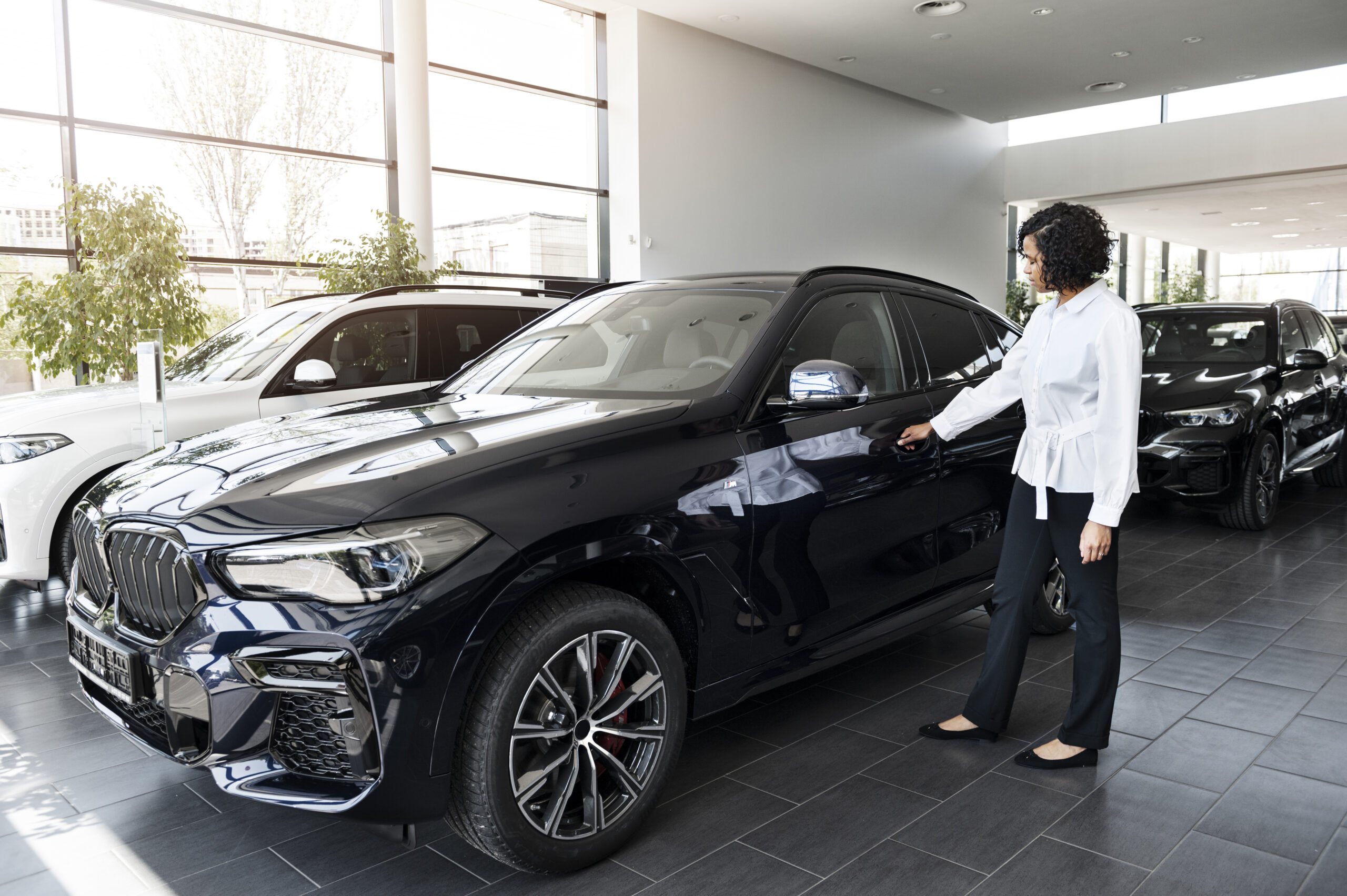Buying a luxury car can be an exciting prospect, offering advanced features, premium craftsmanship, and an enhanced driving experience. While purchasing a brand-new luxury car may come with a hefty price tag, opting for a second-hand luxury car in South Africa can be a more affordable alternative. However, like any major purchase, there are pros and cons to consider. In this article, we will discuss the advantages and disadvantages of buying a second-hand luxury car in South Africa.
Pros of Buying a Second-Hand Luxury Car:
- Affordability: One of the primary advantages of buying a second-hand luxury car is the cost savings compared to purchasing a brand-new model. Luxury cars often experience significant depreciation in their first few years, allowing you to enjoy the luxury and prestige at a more affordable price point. By opting for a second-hand luxury car, you can potentially acquire a high-end vehicle that may have been out of your budget when new.
- Value for Money: Luxury cars are known for their advanced features, cutting-edge technology, and high-quality materials. Buying a second-hand luxury car allows you to enjoy these premium features at a fraction of the original cost. You can benefit from the superior comfort, safety systems, performance capabilities, and luxurious amenities that luxury vehicles offer.
- Established Reputation: Luxury car brands have a well-established reputation for engineering excellence, innovation, and superior craftsmanship. By purchasing a second-hand luxury car from a reputable brand, you can enjoy the brand’s legacy of quality and reliability. These vehicles often come with advanced safety features, powerful engines, and sophisticated driving dynamics, providing a premium driving experience.
- Lower Insurance Costs: In general, the insurance costs for a second-hand luxury car are lower than those for a brand-new model. The value of the car is lower due to depreciation, resulting in lower premiums. However, insurance costs can still vary depending on factors such as the model, age, and specifications of the vehicle, so it’s important to obtain insurance quotes for the specific car you are considering.
Cons of Buying a Second-Hand Luxury Car:
- Maintenance and Repairs: Luxury cars typically come with advanced technology and intricate systems, which can be costly to maintain and repair. While the initial purchase price of a second-hand luxury car may be more affordable, ongoing maintenance costs can be higher compared to a regular car. It’s essential to budget for regular servicing, potential repairs, and the cost of genuine parts, which can be more expensive than those for non-luxury vehicles.
- Limited Warranty Coverage: When buying a second-hand luxury car, the original manufacturer’s warranty may have expired or have limited coverage remaining. This means you may be responsible for any repairs or maintenance costs that arise after the purchase. It is advisable to consider purchasing an extended warranty or service plan to protect yourself from unexpected expenses.
- Higher Depreciation: Luxury cars generally experience higher depreciation rates compared to regular vehicles. While buying a second-hand luxury car reduces the initial depreciation hit, you should be aware that the value of the vehicle may continue to decrease over time. This can affect its resale value if you decide to sell or trade-in the car in the future.
- Complexity and Technology: Luxury cars often come with a multitude of advanced features and complex systems. While these features can enhance the driving experience, they can also present a learning curve for new owners. Understanding the functions and operation of the various technological components may require some time and effort. Additionally, the complexity of these systems can increase the risk of mechanical or electrical issues, requiring specialized knowledge and skilled technicians for repairs.
Buying a second-hand luxury car in South Africa can be an appealing option for those seeking a high-end driving experience at a more affordable price point. The affordability, value for money, and the reputation of luxury brands are significant advantages. However, it’s essential to carefully consider the potential downsides, such as higher maintenance costs, limited warranty coverage, higher depreciation rates, and the complexity of the technology involved. Conducting thorough research, obtaining a detailed vehicle history report, and seeking professional inspections can help mitigate the risks and ensure a rewarding ownership experience.











